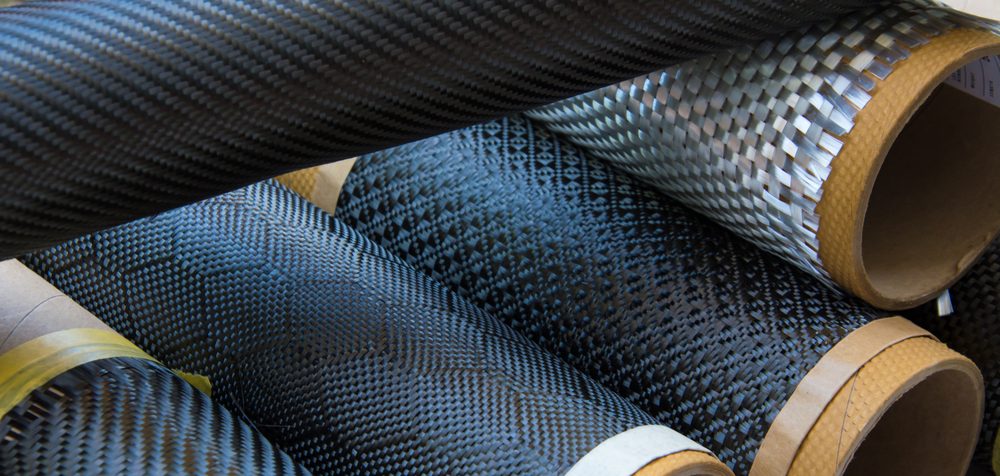
Carbon fiber-reinforced plastic (CFRP) is an extremely strong, lightweight material made of carbon fibers and a plastic matrix that is used in manufacturing in many industries, including: aviation, aerospace, automotive, marine, and sports equipment. However, its increased usage has led to a problem of waste disposal, with current techniques of disposal posing environmental risks. Researchers at the Korea Institute of Science and Technology (KIST) have now discovered a novel method of recycling CFRP.
“As the amount of carbon fiber reinforced plastics (CFRPs) waste is increasing globally, we have developed a technology to upcycle it in an eco-friendly way,” said Yong-chae Jung, director of the RAMP Convergence Research Center.
The team at KIST developed a highly efficient and sustainable technique that is capable of recycling over 99% of CFRP within minutes. They used “water in a supercritical state,” which occurs under conditions of temperature and pressure above a certain level. When water reaches supercritical conditions its polarity rises, meaning that it is strongly attracted to other polar molecules, such as the epoxy resin commonly used as the matrix in CFRP. Supercritical water also exhibits high diffusivity and density, properties that allow it to remove epoxy from CFRP while selectively preserving recycled carbon fiber. This new recycling process occurs using only water, without needing catalysts, oxidants, or organic solvents.
The researchers also found that introducing glycine into the supercritical water converted upcycled CFRP into recycled carbon fiber doped with nitrogen atoms. The upcycled carbon fiber displayed greater electrical conductivity than typical recycled carbon fiber from previous processes. These recycled carbon fibers might serve as electrodes in e-mobility batteries.
“It is a meaningful research achievement that not only dramatically reduces carbon emissions, but also presents a virtuous cycle of resources that can be converted into battery electrode materials for E-mobility,” Jung stated.
